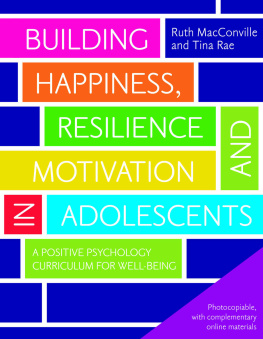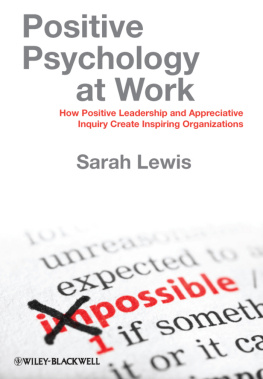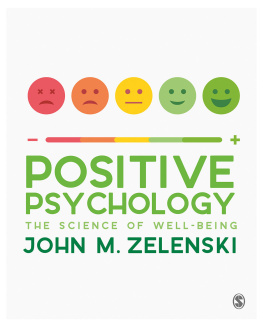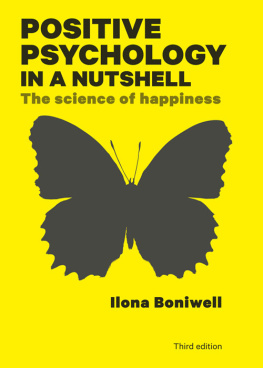2019 window.NREUM||(NREUM={});NREUM.info={"beacon":"bam.nr-data.net","errorBeacon":"bam.nr-data.net","transactionName":"YgdaZ0NSW0cEB0RdWltNfkZfUEFdCgofXFBHDVYdR1pQQxZeRl1QQj1aWkU=","applicationTime":109,"queueTime":1,"agent":"","licenseKey":"510f1a6865","applicationID":"3275661,67267027,67267028"}
About the Author
Sarah Lewis is a chartered psychologist, an Associated Fellow of the British Psychological Society, and a founder and Principal Member of the Association of Business Psychologists. She holds a masters degree in occupational and organizational psychology, attained with distinction, and a certificate in systemic consultation. She is a specialist Appreciative Inquiry practitioner and an expert at facilitating large group events.
She is the managing director of Appreciating Change and is an experienced organizational consultant and facilitator who has been actively involved in helping people and organizations change their behavior for over 25 years. Her clients include local government, central government, not-for-profit organizations, and private sector clients, particularly in the manufacturing, financial, and educational sectors.
When positive psychology burst onto the scene, Sarah quickly realized that work in this area both chimed with her practice and offered robust theoretical support to Appreciative Inquiry as an approach to organizational change. She integrates these two approaches in her work and is delighted to be able to extend, explore, and share this connection in this book.
Sarah has lectured at postgraduate level and continues to be a regular conference presenter in the United Kingdom and internationally. She writes regularly for publication, is the lead author of Appreciative Inquiry for Change Management: Using AI to Facilitate Organizational Development (2007), and is author of Positive Psychology at Work, published by Wiley-Blackwell in 2011.
Sarahs work can be viewed on her website (
Acknowledgements
A book doesnt come out of thin air. The invitation to write this book came from Darren Reed and Karen Shield of Wiley-Blackwell following the modest success of the first book we produced together. I was delighted to oblige. It has taken a year longer than we originally hoped, and their response when I had to divert my attention to various family matters was so graciously supportive that I truly felt I could take the time it took.
This book is built on the work of so many other people: people Ive read, people Ive talked to, and people Ive worked with. I have made every effort to acknowledge the original researchers and practitioners whose work I have called upon. On the other hand, I have granted my clients the cloak of anonymity in an attempt to protect their reputation, if not my own, and so trust that they are only recognizable to themselves. That they allow me and people like me to come into their organizations and workplaces and do creative things with their people is a wonderful privilege and I am eternally grateful to them all. Practitioners, like trainee doctors, have to start somewhere, and so even further back in the midst of time are all my earliest clients from whom I learnt so much about the art of engaging productively with organizations. I thank them all.
On a more practical level, at the behest of the publisher, this time I have written every word of this text myself, quotes excluded. Its a lot of words! Jem Smith, my eldest son, has been much involved of late, spotting the convoluted sentences and esoteric modes of expression in a last-ditch attempt to improve its reader-friendliness. He is also helping with assembling the references and spotting those typos that fool the spellchecker. In addition, he kindly lets me know about any boring bits so I can have another go at making them more interesting. He has done all within his power to ensure that you find this a readable read; thus liability for any sleep-inducing sections and other errors that have slipped through are to be laid at my door alone. I am truly grateful for his help.
In turn our efforts have been ably supported by Giles Flitney, whose attention to detail as copy-editor was exemplary: no fudge of referencing or near enough is good enough laziness of expression got past his eagle eyes and sharp brain. To Giles must go the credit for clearing the way of the last stumbles and trip-ups so that the meaning could flow freely through the text.
And last but not least, I want to thank my husband, Stewart Smith, who, ploughing through text about a world to which he is not connected except through me, managed to spot a variety of opportunities for a joke or a laugh that he could shape into a cartoon. Of itself this book isnt a bundle of laughs; his ability to spot such opportunities as arise is a true talent. We are all extremely grateful for the light relief thus provided.
Index
- Achor, S.
- active-destructive response
- active participation
- ad hoc decision-making
- Aiken, C.
- Alban, B.
- amplify success
- appreciative
- appreciative check-in
- appreciative coaching
- appreciative inquiry
- definition
- event preparation
- planning group
- topic choice
- what ifs
- 5D model
- ignoring the problem
- invitees
- key skills
- noticing shifts
- positive
- questions
- stories to make sense
- methodology
- positive core
- power of generativity
- principles
- process
- purpose
- recommended use
- voluntary
- attendance
- contribution
- participation
- when to use and counter-indications
- change is seen as event not process
- leaders wedded to command and control
- timing
- wrong topic
- Ashford, S.J.
- Avolio, B.J.
- Baker, W.
- Beadle, S.
- behaviour change
- dialogue
- learning for
- participation
- Brown, J.
- Buckingham, M.
- build a burning platform
- Bunker, B.
- Bushe, G.R.
- caf etiquette
- Cameron, K.
- Campbell, W.
- Carlsen, A.
- Cheung-Judge, M.
- co-created change, features of
- active participation
- collective intelligence, tapping into
- dialogue as words create worlds
- imagination as pull for change
- leveraging organizational strengths in change
- narrative for sense-making in action
- offering direct involvement in decision-making
- positive emotions, energizing effects of
- social capital
- social networks as heart of organizations
- strengths as key to new organizational economy
- whole power of systems

![Sarah Lewis [Sarah Lewis] Positive Psychology and Change](/uploads/posts/book/124055/thumbs/sarah-lewis-sarah-lewis-positive-psychology-and.jpg)








